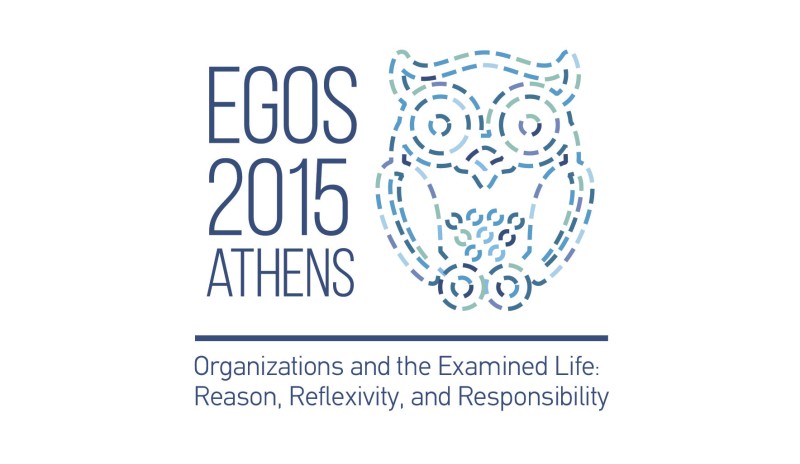Sub-theme 10: (SWG) Creating and Sustaining Transnational Multi-Actor Governance of Corporate Conduct
Call for Papers
This sub-theme investigates how multiple actors (often with conflicting objectives and ideologies) jointly define
the "rules of the game" for regulating businesses’ social and environmental behaviour. Given the absence of strong intergovernmental
regulation, coalitions between firms, business associations and nongovernmental organizations, sometimes even attracting governmental
organisations as participants, have influenced selected social and environmental issue areas (e.g. deforestation). This sub-theme
focuses on exploring the organizational dynamics underlying these initiatives; it investigates these organizational settings
and networks where the global rules of the game are shaped, negotiated and administered.
By putting more emphasis
on the supply side of transnational governance (Djelic & Sahlin-Andersson, 2006; Vogel, 2008; Moon et al., 2012), we aim
to complement research that has focused primarily on the (lack of) impact of privatized governance arrangements in the context
of social and environmental problems. We realize that relevant initiatives take many different forms, ranging from broader
business principles (e.g. the UN Global Compact), to reporting guidelines (e.g. the Global Reporting Initiative), certification
schemes (e.g. Forest Stewardship Council), and general guidance documents (e.g. ISO 26000). This sub-theme gives scholars
a chance to explore the opportunities, problems, limitations and underlying working principles of the organizational arrangements
that underlie these different initiatives.
We encourage submissions discussing the role of standards and standardization
in the context of transnational multi-actor governance for corporate conduct, especially when considering that these initiatives
can be understood as one form of partial organization (Rasche et al., 2013). We also encourage submissions reflecting on the
multi-stakeholder dynamics underlying such initiatives.
Possible questions include, but are not limited to:
Actors
- Who becomes involved in business regulation for sustainability and why? Which actors are often excluded?
- How do the different actors, who are involved in defining the global rules of the game, organize themselves?
- How and in what ways do governments and international organizations contribute to these multi-actor governance arrangements?
- Do these governance arrangements reflect or interact with national governmental or inter-governmental arrangements to regulate corporate conduct? Why (not)? How?
Processes
- How do the different actors work together while designing governance solutions? In what sort of transitional organizations or forums do these interactions take place?
- How does the chosen organizational setting for collaboration influence the content of governance arrangements? How does the content influence the choice of organizational settings?
- What is the role of power when looking at the interactions of different parties?
- How do different forms of organizing influence the legitimacy of governance arrangements?
Outcomes
- Do these governance arrangements influence the behaviour of the key actors involved?
- Do these governance arrangements influence corporations more widely?
- How can we evaluate the impact of these governance arrangements upon the substantive problems to which they are directed?
- Can these governance arrangements institutionalise more sustainable and responsible corporate behaviour?
We particularly invite contributions which take
a critical perspective on how different actors contribute to regulating social and environmental problems. Participants in
this sub-theme should aim to develop strong theoretical and/or empirical insights that increase our understanding of the newly
emerging regulatory arrangements in the context of social and environmental problems.
References
- Djelic, M.-L., & Sahlin-Andersson, K. (2006): Transnational Governance: Institutional Dynamics of Regulation. Cambridge: Cambridge University Press.
- Moon, J., Crane, A., & Matten, D. (2011): "Corporations and citizenship in new institutions of global governance." In: C. Crouch & C. MacLean (eds.): The Responsible Corporation in a Global Economy. Oxford: Oxford University Press, pp. 203–224.
- Rasche, A., de Bakker, F., & Moon, J. (2013): "Complete and partial organizing for corporate social responsibility." Journal of Business Ethics, 115 (4), 651–663.
- Vogel, D. (2008): "Private global business regulation." Annual Review of Political Science, 11 (1), 261–282.


